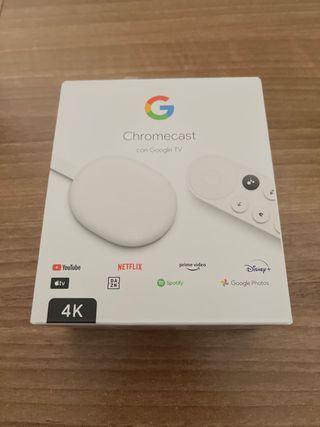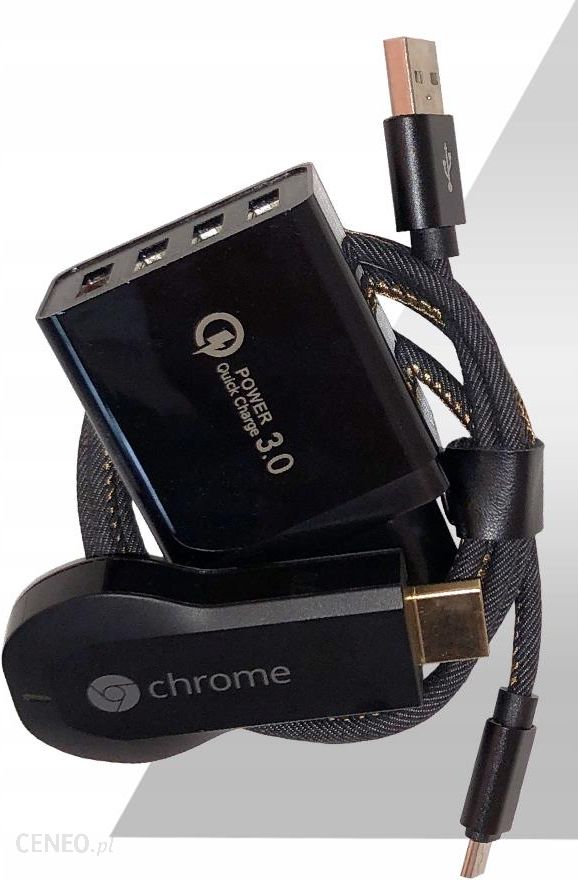

We reached out to Google for comment and were told that the Chromecast with Google TV (HD) supports AV1. Support is slowly growing in the industry, and the chipset in the Chromecast HD also supports AV1 decode, too. The Nvidia Geforce 3000 series supported decoding, the new Nvidia Geforce 4000 series supports both encoding and decoding, and Samsung's Exynos 2100/2200 both support AV1 decode as well. The first smartphone chipset to support AV1 decode was the MediaTek Dimenisty 1000, which supported up to 4K 60 FPS. This means that for those on slower connections, you may be able to enjoy a quality higher than what you're used to, and for those on faster connections, you'll be able to get an even higher bitrate on the same connection speed. Facebook Engineering conducted tests in 2018, concluding that the AV1 reference encoder achieved 34%, 46.2%, and 50.3% higher data compression than libvpx-vp9, x264 High profile, and x264 Main profile, respectively.
#Google chromecast 4k software#
Its main benefits are that it's royalty-free (so, companies can implement it in their software for free), and it has some immense savings over the likes of VP9 and H264. What is AV1?ĪV1 is a codec developed by the Alliance for Open Media, a conglomerate of a ton of different companies in the technology space.

This is the entire story of AV1, how it improves over VP9 and H.264, and why it's a big deal. AV1, also known as AOMedia Video 1, was first released in March of 2018, and it's been a slow road in its adoption across the industry. While it is indeed a pretty big step forward from codecs like H264 and VP9, there's a lot more to the story than that.

If you've been following any of the leaks surrounding the release of the Google Chromecast HD, you may have seen a lot of excitement around rumored support for the AV1 codec.


 0 kommentar(er)
0 kommentar(er)
